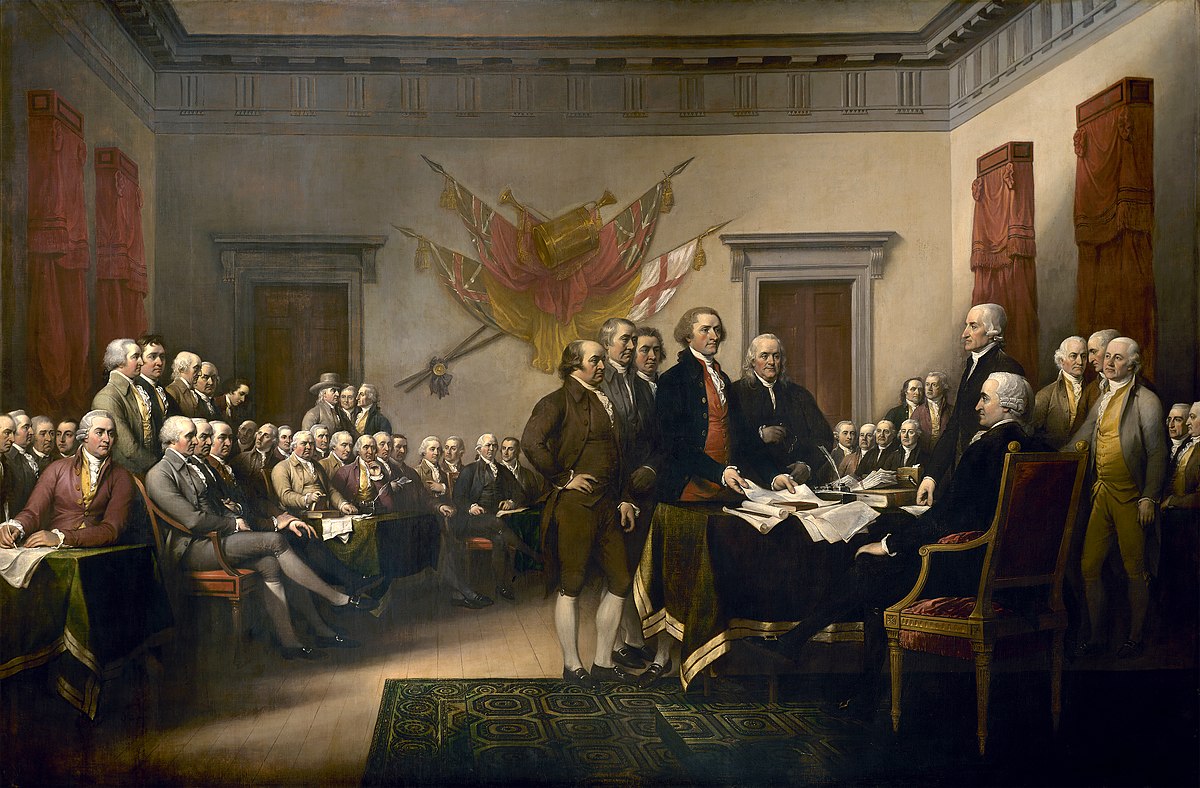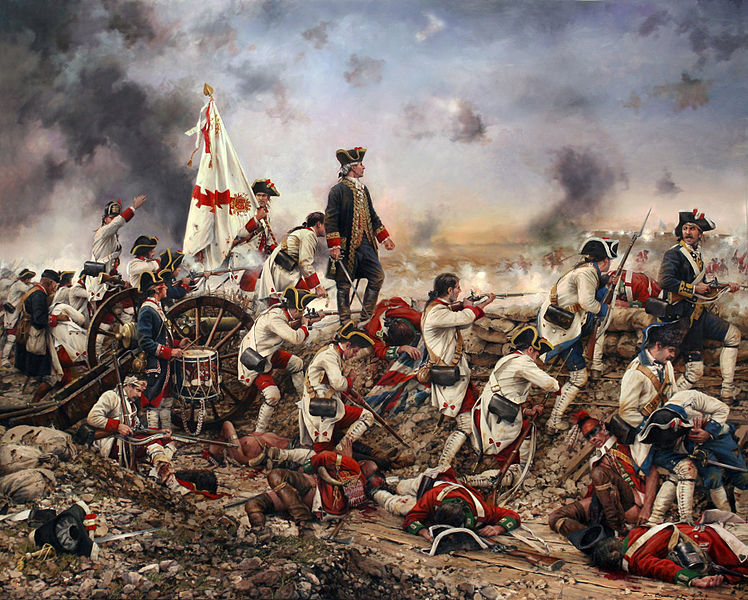The American Revolution was a crucial event in world history that brought about significant changes in politics, society, and culture. It marked the end of British colonial rule in North America and paved the way for the birth of a new nation founded on the principles of democracy, freedom, and equality. In this article, we will explore the causes, events, and consequences of the American Revolution and its impact on the world.
Introduction
The American Revolution was a period of political upheaval that took place between 1765 and 1783 in the thirteen British colonies in North America. It was a struggle for independence and self-government against British colonial rule and oppression. The American Revolution was a turning point in world history, as it challenged the prevailing social and political order of the time and led to the birth of a new nation and a new era of democracy.
Causes of the American Revolution
The American Revolution was the result of a series of political, economic, and social factors that contributed to the growing discontent of the American colonists towards British rule. Some of the major causes of the American Revolution were:
British Taxation Policies
The British government imposed a series of taxes on the American colonists, including the Stamp Act, the Sugar Act, and the Townshend Acts. These taxes were meant to raise revenue for the British treasury and maintain British control over the colonies. However, the colonists saw these taxes as a violation of their rights as British subjects and protested against them.
Lack of Representation in the British Parliament
The American colonists had no representation in the British Parliament, which meant that they had no say in the laws and policies that affected them. This lack of representation was seen as a violation of their political rights and contributed to the growing sense of frustration and anger among the colonists.
Restrictive British Trade Policies
The British government imposed a series of trade restrictions on the American colonies, including the Navigation Acts, which limited the colonists’ ability to trade with other countries. These restrictions were meant to ensure that the colonies remained economically dependent on Britain, but they also hindered the colonists’ ability to develop their own industries and trade networks.
The American Revolution: Events and Consequences
The American Revolution was marked by a series of events that ultimately led to the defeat of the British and the establishment of the United States of America as an independent nation. Some of the key events of the American Revolution were:
The Boston Tea Party (1773)
In protest against the British government’s tea tax, a group of American colonists, disguised as Native Americans, boarded British tea ships and threw over 300 chests of tea into the Boston Harbor.
The Declaration of Independence (1776)
On July 4, 1776, the Continental Congress adopted the Declaration of Independence, which declared the thirteen American colonies independent from British rule.
The Battle of Saratoga (1777)
The Battle of Saratoga was a turning point in the American Revolution, as it marked the first major victory for the Continental Army over the British. It also led to France’s decision to support the American cause and provide military aid.
The Treaty of Paris (1783)
The Treaty of Paris was signed on September 3, 1783, and marked the official end of the American Revolution. It recognized the United States as an independent nation and set the boundaries of the new country.
The American Revolution had far-reaching consequences that transformed the political, social, and cultural landscape of the world. Some of the key consequences of the American Revolution were:
The Birth of a New Nation
The American Revolution led to the establishment of the United States of America as an independent nation founded on the principles of democracy, freedom, and equality.
The Spread of Revolutionary Ideals
The American Revolution inspired similar movements for independence and self-government in other parts of the world, including Latin America and Europe. It also contributed to the growth of democratic ideals and the belief in individual rights and freedoms.
The Rise of American Power
The American Revolution transformed the United States from a group of British colonies into a powerful nation with a significant impact on world politics, economics, and culture. The new nation emerged as a beacon of democracy and freedom, and its success inspired other nations to follow its example.
The Abolition of Slavery
The American Revolution also played a significant role in the abolition of slavery, as many of the founding fathers, including George Washington, Thomas Jefferson, and Benjamin Franklin, were vocal opponents of the institution. The principles of freedom and equality enshrined in the Declaration of Independence and the Constitution paved the way for the eventual abolition of slavery in the United States.
Conclusion
The American Revolution was a crucial event in world history that brought about significant changes in politics, society, and culture. It marked the end of British colonial rule in North America and paved the way for the birth of a new nation founded on the principles of democracy, freedom, and equality. The American Revolution inspired similar movements for independence and self-government around the world, and its legacy continues to shape the political and cultural landscape of the modern world.
FAQs
- What were the main causes of the American Revolution?
The main causes of the American Revolution were British taxation policies, lack of representation in the British Parliament, and restrictive British trade policies.
- What were some key events of the American Revolution?
Some key events of the American Revolution include the Boston Tea Party, the Declaration of Independence, the Battle of Saratoga, and the Treaty of Paris.
- What were the consequences of the American Revolution?
The consequences of the American Revolution included the birth of a new nation, the spread of revolutionary ideals, the rise of American power, and the abolition of slavery.
- How did the American Revolution inspire other movements for independence and self-government?
The American Revolution inspired other movements for independence and self-government by demonstrating that it was possible to break free from colonial rule and establish a new nation based on democratic principles.
- What was the significance of the American Revolution for world history?
The American Revolution was a turning point in world history that challenged the prevailing social and political order of the time and led to the birth of a new nation and a new era of democracy. Its legacy continues to shape the political and cultural landscape of the modern world.





Comment here